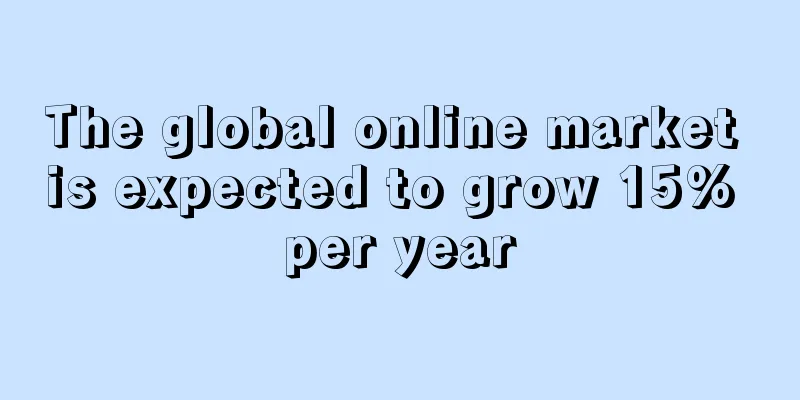The global online market is expected to grow 15% per year

|
According to a report by OC&C Strategy Consultants, the rise of the online marketplace model is maintaining its momentum since the emergence of e-commerce in the 1990s, as online marketplaces such as Amazon, Expedia and eBay drive a fundamental shift in consumer spending.
The report predicts that by 2025, spending through the top online marketplaces will exceed the vast majority of e-commerce outlets in established retail and travel categories. In 2020 alone, Western consumers’ combined spending in these categories exceeded $1 trillion, accounting for 40% of total consumer online spending.
The report estimates that across all established market categories, the global online market will continue to grow at 15% per year and by 2025 it will account for around 45-50% of online spending.
The report also shows that consumer purchasing habits have undergone amazing changes. Online marketplaces are rapidly becoming the first choice for consumers and some suppliers, and these platforms have also ushered in significant development. Although the COVID-19 pandemic has accelerated the shift to online marketplaces, its unstoppable share growth shows no signs of slowing down.
In addition to this, the US online market dominates its European online market counterparts, and although many European marketplaces such as Zalando operate successfully, most of them simply cannot compete with their US counterparts in terms of scale. China has three of the world's four largest e-commerce markets (Taobao, Tmall and JD.com). All three are expected to expand their influence in Western markets by 2030.
It is understood that the online marketplace will also expand in new verticals. Among these are B2B products, where the marketplace is breaking away from the traditional wholesale sales model by developing a tool that is closely adapted to the specific needs of its vertical industry.
At the same time, the second-hand goods market will also flourish, with consumers showing an increasing awareness of sustainability when purchasing, which in turn creates a wider and more geographically diverse group of buyers and sellers. In short, despite the increasing competition in the global online market, its market share is also increasing, especially for European and American e-commerce sellers, and there is a lot to be done in 2022! Global Online Marketplace Continued growth |
<<: 2021 "Buy Now, Pay Later" spending increased by 230%, convenient but also risky
>>: Dutch Bol.com launches French website
Recommend
What is Labuan FSA? Labuan FSA Review, Features
<span data-docs-delta="[[20,{"gallery"...
Monthly sales of a single product reach 130,000, and the “unknown” seller is quietly making money in the red ocean market
For example, the well-known lululemon, relying on...
The rogue law firm asked for too high a price, the seller said: I would rather close the store!
Compared with simple infringement accusations, wh...
Brazil's e-commerce grew 12.59% in the first quarter, and office supplies are still hot sellers
Recently, the MCC-ENET Index disclosed Brazil'...
Amazon launches website to fight antitrust bill in Congress
Amazon, the e-commerce giant, is developing rapid...
What is BASE? BASE Review, Features
BASE is a software company whose business scope in...
What is Bunnings PowerPass? Bunnings PowerPass Review, Features
Bunnings PowerPass is a trade account for GST regi...
What is Webretailer? Webretailer Review, Features
<span data-docs-delta="[[20,{"gallery"...
What is Haosutong Overseas Warehouse? Haosutong Overseas Warehouse Review, Features
Shenzhen Haosutong Logistics Technology Co., Ltd.,...
Amid the pandemic, South Korea's consumption of durable goods increased
South Korea's consumption of durable goods in...
What is Giveaway Service
Giveaway Services is a platform that connects bra...
eBay launches Black Friday promotion for used products
As eBay promised before, this year's Black Fr...
Blocked again! TikTok faces crisis in Pakistan again
I wonder if you still remember the controversy th...
What is AMZ Magic Wheel? AMZ Magic Wheel Review, Features
AMZ Magic Wheel is an Amazon sales history query t...
What is Piggipo? Piggipo Review, Features
Founded in 2013, Piggipo is Thailand's leading...









